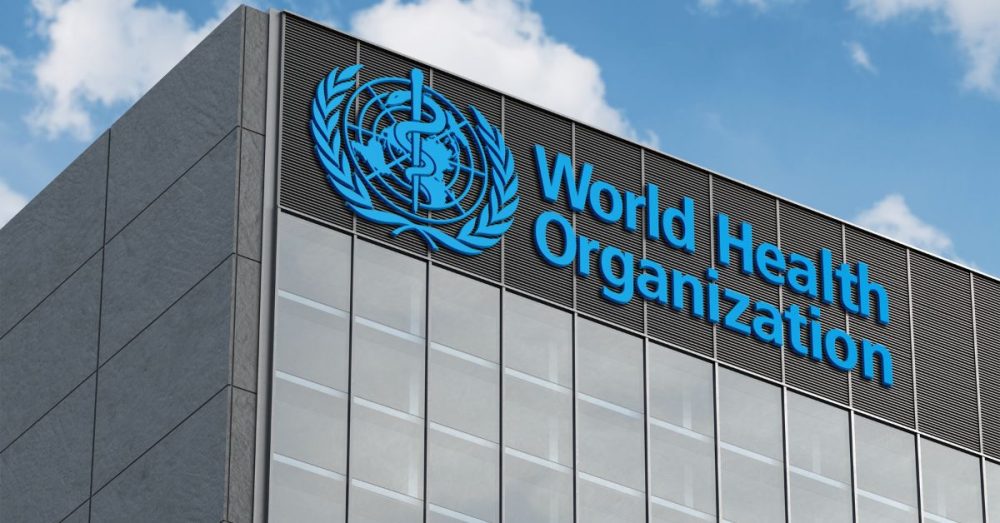Hot on the heels of news that COVID fell last year to the 10th leading cause of death in the U.S., a new virus — and potential pandemic — is taking center stage.
First discovered in 1958, mpox (formerly known as monkeypox), a virus that causes flu-like symptoms and a rash with painful lesions that can last two to four weeks, recently started rapidly spreading in the Democratic Republic of the Congo.
Mpox is often accompanied by fever, headache, muscle aches, back pain, low energy, and swollen lymph nodes. The illness can be transmitted through physical contact with contaminated persons, materials, or animals.
This is not the first significant outbreak of the virus. In May 2022, mpox rapidly spread around the world, with 110 countries reporting roughly 87,000 cases and 112 deaths. In July 2022, the World Health Organization declared the outbreak a public health emergency of international concern.
The Washington Post reports on the latest outbreak of mpox and what’s being done about it. Here’s the start of the story:
The World Health Organization on Wednesday again declared mpox an international health emergency in response to a growing outbreak in Africa, renewing deep concerns about a virus that seized global attention two years ago.
The declaration comes after Africa recorded more than 15,000 suspected and confirmed cases and 537 deaths this year, exceeding the toll in all of 2023. Infections reached record highs in the Democratic Republic of Congo, where the virus has been endemic for decades and where the vast majority of African cases are concentrated.
A new form of the virus, known as clade 1b, has spilled into eastern parts of the central African nation and has been reported in other countries for the first time, including Kenya, Rwanda and Uganda. Viruses from the clade 1 classes tend to result in more deaths than another form that spread globally in 2022 and 2023.
“The detection and rapid spread of a new clade of mpox in eastern DRC, its detection in neighboring countries that had not previously reported mpox, and the potential for further spread within Africa and beyond is very worrying,” WHO Director General Tedros Adhanom Ghebreyesus said Wednesday. “In addition to other outbreaks of other clades of mpox in other parts of Africa, it’s clear that a coordinated international response is essential to stop these outbreaks and save lives.”


